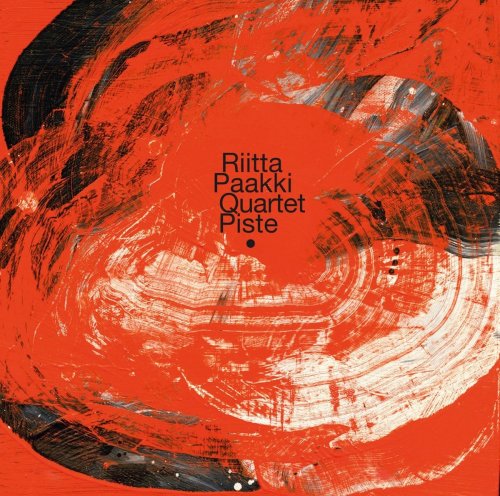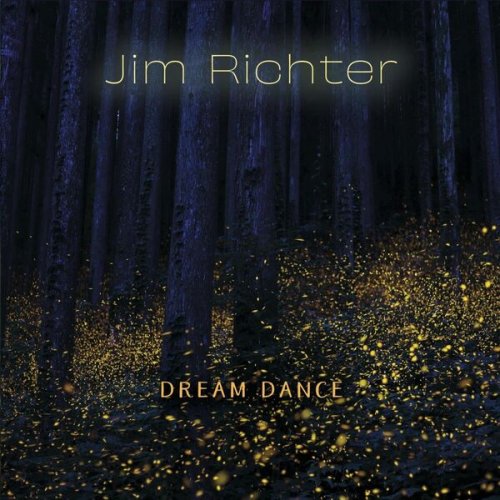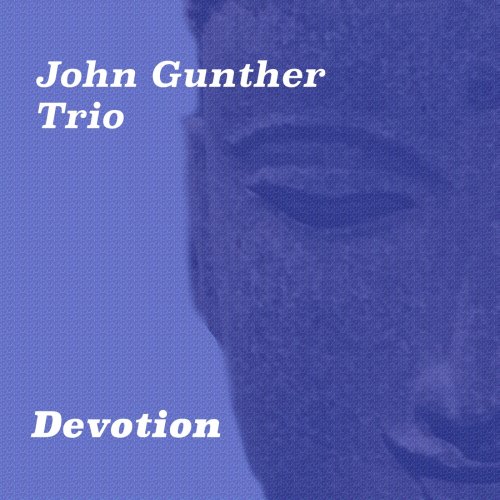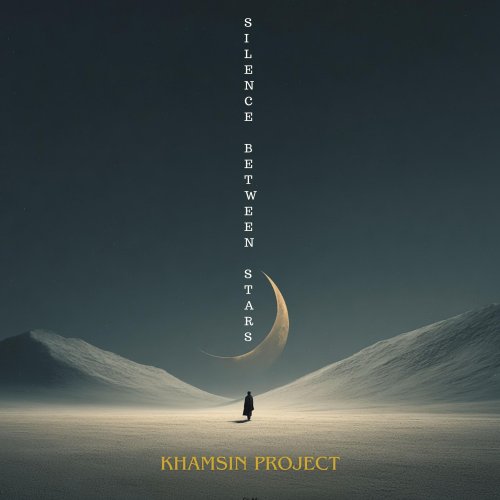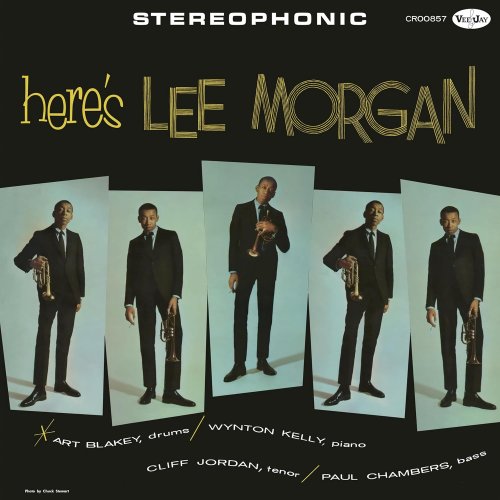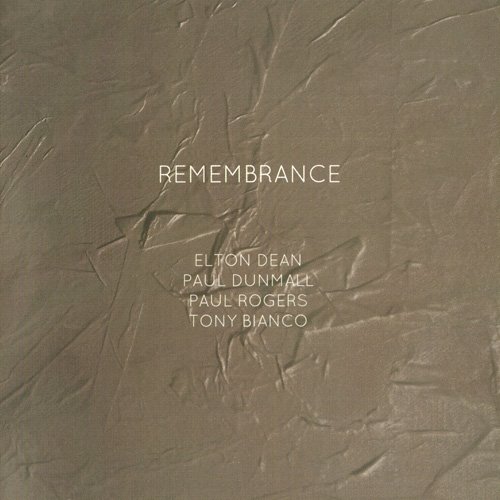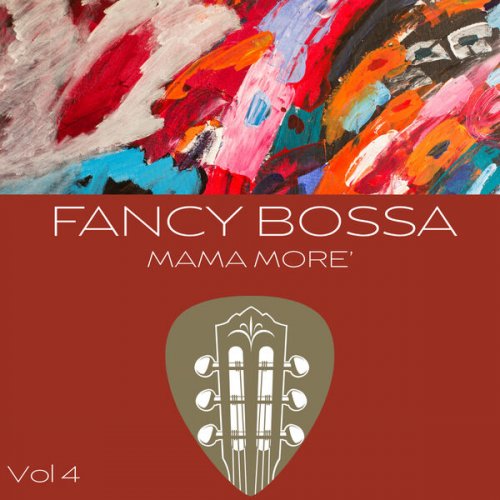Jake Holmes - How Much Time (1972) Vinyl
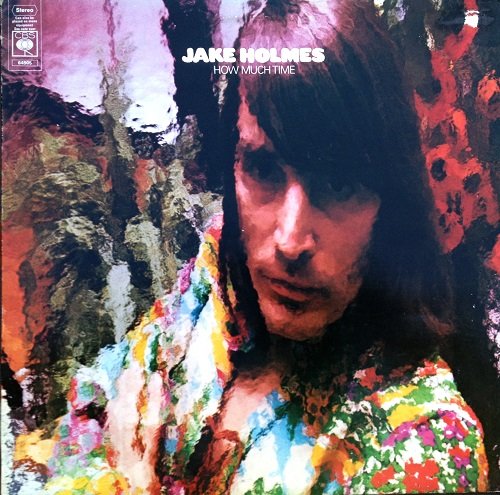
Artist: Jake Holmes
Title: How Much Time
Year Of Release: 1972
Label: CBS
Genre: Acid Folk, Folk Rock, Country Rock, Soft Rock
Quality: Flac (tracks, 16/44,1) / Flac (image, .cue, 24/48)
Total Time: 29:12
Total Size: 154/337 Mb (scans)
WebSite: Album Preview
Title: How Much Time
Year Of Release: 1972
Label: CBS
Genre: Acid Folk, Folk Rock, Country Rock, Soft Rock
Quality: Flac (tracks, 16/44,1) / Flac (image, .cue, 24/48)
Total Time: 29:12
Total Size: 154/337 Mb (scans)
WebSite: Album Preview
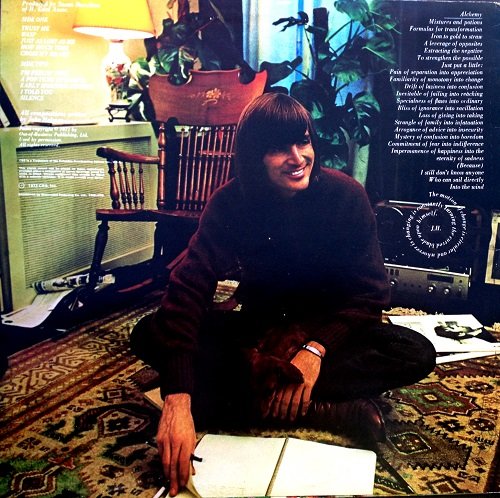
Tracklist:
01. Trust Me
02. Wasp
03. Just as Lost as Me
04. How Much Time
05. Cross My Heart
06. I'm Feelin' Fine
07. A Pop Tune [It's Love]
08. Early Morning stories
09. I Told You
10. Silence
One of many journeyman New York folk-rock singer/songwriters of the late '60s, Jake Holmes, if he's remembered at all, is known as the author and original performer of "Dazed and Confused." It is still not widely recognized that he wrote and recorded the first version of this song on his 1967 solo debut album, prior to it being covered (in concert) by the Yardbirds, and then becoming one of the most famous numbers in Led Zeppelin's repertoire. A big part of why is that Holmes, for murky reasons, was not credited as a writer on Led Zeppelin's recording, which gave sole author credits to Jimmy Page. For that accomplishment alone, Holmes is worthy of a footnote, even if nothing else he wrote or released lived up to the level of that song.
Holmes earliest success came as a comedy duo with then-wife Kate. The pair performed under the alias Allen & Grier and released a popular collection of folk revival parodies called Better to Be Rich Than Ethnic in the early '60s. He had also worked in a group with fellow folk-rock singer/songwriter Tim Rose before going solo. "Dazed and Confused" was on Holmes' 1967 debut LP The Above Ground Sound of Jake Holmes, which had an odd, edgy folk-rock sound built around a drumless trio, featuring Holmes' rapid rhythm guitar strums and Ted Irwin's spidery acid folk-jazz-lead guitar lines. As heard in this folk-rock context, "Dazed and Confused" was given a much more spare arrangement than it would be given by Led Zeppelin. The rest of the album was an erratic cluster of songs that explored similar anxious moods with less power, sometimes changing gears into light comedy or melodramatic sentiment.
The Yardbirds, with Jimmy Page on lead guitar, heard "Dazed and Confused" in August 1967 when Holmes opened for the band in New York. The group took a pretty radical rearrangement of it into their live set. Although they didn't release a studio version of it before their breakup in 1968, their live rearrangement can be heard on the Epic LP Live Yardbirds Featuring Jimmy Page, a 1968 recording that was briefly available in 1971 before being withdrawn (a superior live version from a March 1968 French TV broadcast subsequently circulated on the Cumular Limit compilation). When Led Zeppelin did it on their first album, with different lyrics but similar melodic and rhythmic ideas as the Holmes prototype, the songwriting credit was given to Jimmy Page.
Holmes' second LP, 1968's Letter to Katherine December, expanded into orchestral backgrounds, though he and Irwin still supplied their distinctive guitar work. An even more erratic work than its predecessor, it still supplied some interesting acid folk-pop, particularly on "Leaves That Break," with its ferocious fuzz guitar. His subsequent albums for Polydor, however, were far more ordinary, even sub-ordinary, singer/songwriter music with country influences, sometimes painfully exposing the limits of his vocal range and timbre. Holmes never profited from the worldwide success of Led Zeppelin's "Dazed and Confused," but he did strike gold as a writer of commercials with one of his jingles, the famous U.S. Army ad with the "be all that you can be" refrain. Holmes' LPs (especially the first two, on Tower) are now hard to find, though "Dazed and Confused" was reissued legitimately at least once, on Rhino's Nuggets, Vol. 10: Folk Rock LP.
Holmes earliest success came as a comedy duo with then-wife Kate. The pair performed under the alias Allen & Grier and released a popular collection of folk revival parodies called Better to Be Rich Than Ethnic in the early '60s. He had also worked in a group with fellow folk-rock singer/songwriter Tim Rose before going solo. "Dazed and Confused" was on Holmes' 1967 debut LP The Above Ground Sound of Jake Holmes, which had an odd, edgy folk-rock sound built around a drumless trio, featuring Holmes' rapid rhythm guitar strums and Ted Irwin's spidery acid folk-jazz-lead guitar lines. As heard in this folk-rock context, "Dazed and Confused" was given a much more spare arrangement than it would be given by Led Zeppelin. The rest of the album was an erratic cluster of songs that explored similar anxious moods with less power, sometimes changing gears into light comedy or melodramatic sentiment.
The Yardbirds, with Jimmy Page on lead guitar, heard "Dazed and Confused" in August 1967 when Holmes opened for the band in New York. The group took a pretty radical rearrangement of it into their live set. Although they didn't release a studio version of it before their breakup in 1968, their live rearrangement can be heard on the Epic LP Live Yardbirds Featuring Jimmy Page, a 1968 recording that was briefly available in 1971 before being withdrawn (a superior live version from a March 1968 French TV broadcast subsequently circulated on the Cumular Limit compilation). When Led Zeppelin did it on their first album, with different lyrics but similar melodic and rhythmic ideas as the Holmes prototype, the songwriting credit was given to Jimmy Page.
Holmes' second LP, 1968's Letter to Katherine December, expanded into orchestral backgrounds, though he and Irwin still supplied their distinctive guitar work. An even more erratic work than its predecessor, it still supplied some interesting acid folk-pop, particularly on "Leaves That Break," with its ferocious fuzz guitar. His subsequent albums for Polydor, however, were far more ordinary, even sub-ordinary, singer/songwriter music with country influences, sometimes painfully exposing the limits of his vocal range and timbre. Holmes never profited from the worldwide success of Led Zeppelin's "Dazed and Confused," but he did strike gold as a writer of commercials with one of his jingles, the famous U.S. Army ad with the "be all that you can be" refrain. Holmes' LPs (especially the first two, on Tower) are now hard to find, though "Dazed and Confused" was reissued legitimately at least once, on Rhino's Nuggets, Vol. 10: Folk Rock LP.
![Collin Walcott - Cloud Dance (1976/2025) [Hi-Res] Collin Walcott - Cloud Dance (1976/2025) [Hi-Res]](https://www.dibpic.com/uploads/posts/2025-12/1765538423_cover.jpg)
